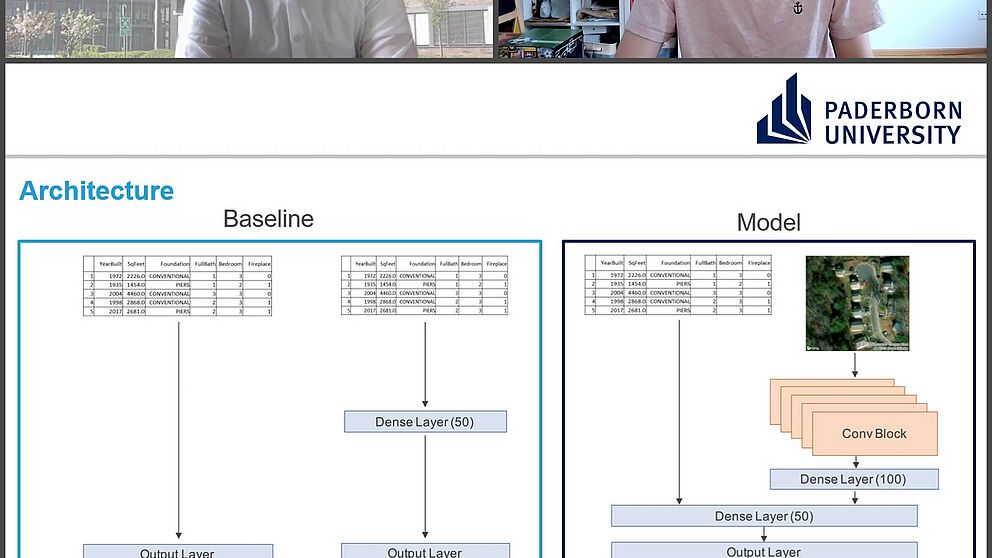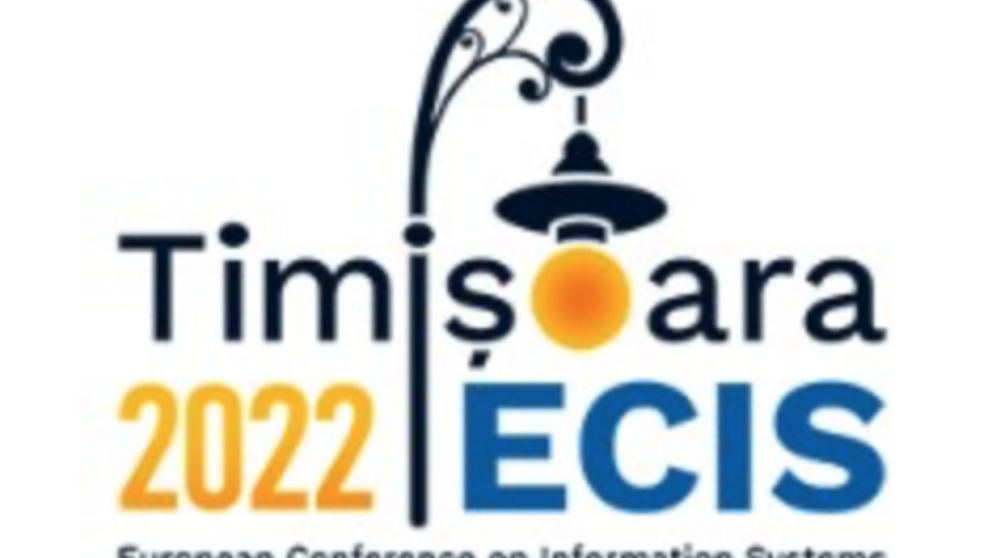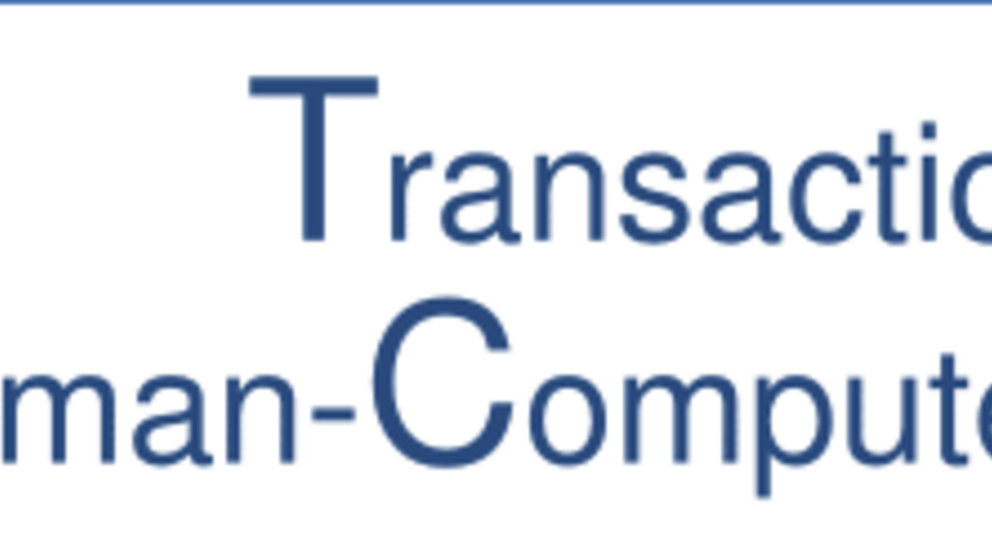Teaching
Anmeldung zum teilnehmerbegrenzten Modul M.184.4327 Virtual Reality Experiments - Interaktion in der virtuellen Organisation
Read more
Anmeldung zum teilnehmerbegrenzten Modul M.184.3310 Grundlagen von Social Media und kooperativen Technologien
Read more
Anmeldung zum teilnehmerbegrenzten Modul M.184.3312 Digital Collaboration - Plattformen in der Praxis
Read more
General
Stelle als wissenschaftliche*r Mitarbeiter*in (w/m/d) im Themenfeld Social Media Forschung & Social Compunting (Prof. Dr. Matthias…
Read more

Präsentation beim Workshop High Performance Business Computing (HPBC) 2021
Read more
Studentische Hilfskraft (SHK) oder Wissenschaftliche Hilfskraft mit Bachelorabschluss (WHB) (w/m) gesucht. (Prof. Dr. Daniel Beverungen)
Read more



